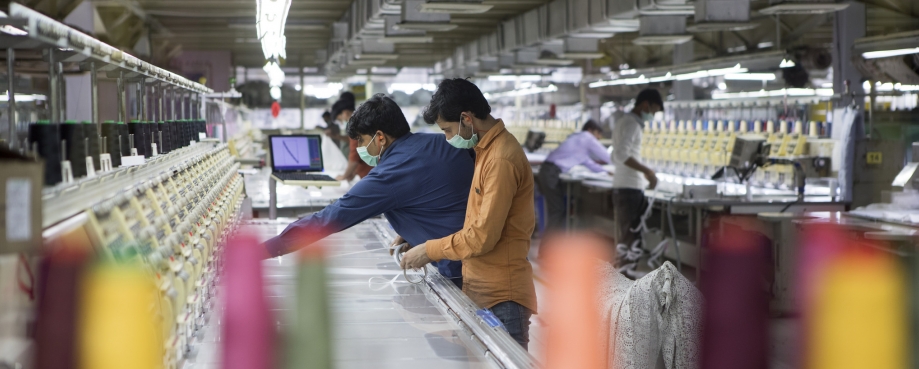
ETI and FairWear have jointly published a discussion sheet and checklist for their members on how to implement occupational health and safety measures to protect workers during Covid-19
The area of occupational health and safety is complex and the situation around COVID-19 has added significantly to this complexity. Factories find themselves in a challenging situation where, coming out of a full or partial lockdown, they now need to stay operational and navigate a new set of health and safety measures.
Central to all this are the garment workers, rightfully worried about their livelihood and personal safety, and required to return to the factories as production starts up again. Keeping workers in the garment industry safe is a major concern and must be top priority.
Keeping workers in the garment industry safe is a major concern and must be top priority
For brands there is a clear expectation to follow up closely with their suppliers, support them on health and safety and ensure sufficient measures are implemented to protect them. To assist brands in the dialogue with their suppliers, Fair Wear and ETI have developed a check list accompanied by a comprehensive discussion sheet.
Strong social dialogue, local stakeholder involvement, and effective grievance must be integrated into this process
This guidance material provides practical advice on how to address health and safety issues with factories, as well as background and inspiration for additional measures. While the regulations imposed by local health authorities and governments always will constitute the minimum requirements, we aim to support brands with the complete array of health and safety measures a garment factory could consider, stressing the importance of strong social dialogue, local stakeholder involvement, and effective grievance as an integrated part of this process.
